Chain of Custody Training Reinforces Transparency & Traceability in Supply & Sourcing from Sustainable Forests
Nothing stands still for PEFC in Asia Pacific, its fastest growing region of the world. This week auditors, reviewers and certification decision makers are going through the PEFC Chain of Custody training with the Indonesian Forestry Certification Cooperation (IFCC) from 6 to 8 April. This provides an introduction to the revised 2020 PEFC Chain of Custody standard - which is applied consistently around the world - and exists to reinforce the importance of transparency and traceability in the supply chain, as well as provide assurances that wood products originate from sustainably managed forests. Read more about PEFC-IFCC training here.
Sustainable & Legal Forest Trade in Lower Mekong Region
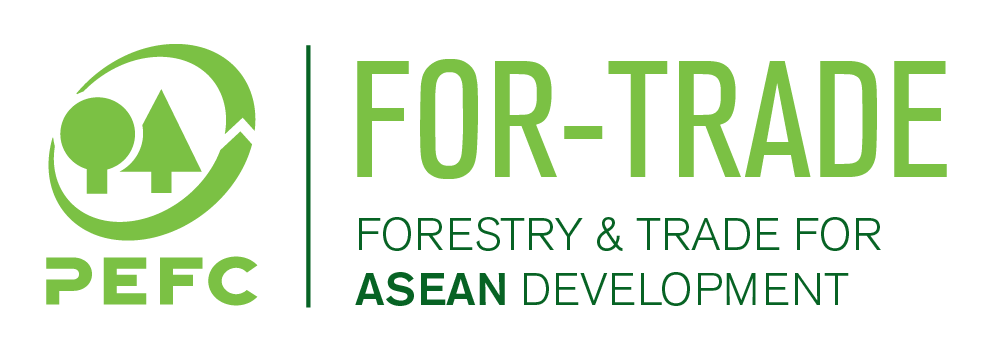
A new PEFC-FOR-TRADE project, in collaboration with the UN-REDD Programme’s initiative for the Lower Mekong, will promote trade and sustainable forest management (SFM), and at the same time reduce pressure on forests through improved governance in Cambodia, Lao PDR, Myanmar, Thailand, and Vietnam. PEFC’s Forestry and Trade for Development in the ASEAN region aims to strengthen trade through improved forest certification infrastructure, supporting the reduction of trade barriers, promoting sustainable wood trade, improving livelihoods, and contributing to biodiversity protection. The UN-REDD Programme involves working with key institutions in these countries, and in China, to reduce the opportunities for forest crime by strengthening forest governance, particularly by increasing the effectiveness of systems designed to ensure legal and sustainable trade in timber. There’s more.
Sustainable Apparel: Forest Fibres for Fashion Textiles

Forest fibres for fashion textiles was featured in the first issue of PEFC’s Pulse newsletter last month – issued for International Day of the Forests - which also drew attention to PEFC’s participation, as sponsor and speaker, in Sustainable Apparel and Textiles Conference on 27 – 29 April 2021, exploring how brands can transform factories, engage consumers, drive circularity, and reduce climate impacts across fashion and textile supply chains. Also speaking at the virtual event Cherie Tan, vice president, communications and sustainability for Asia Pacific Rayon, a member of the APRIL Group, which is a PEFC International Stakeholder Member. Listen to what Ben Gunneberg had to say about the benefits for the apparel sector from switching to forest-based fibres.
Profiling Values & Virtues of Sustainable Timber Sourcing
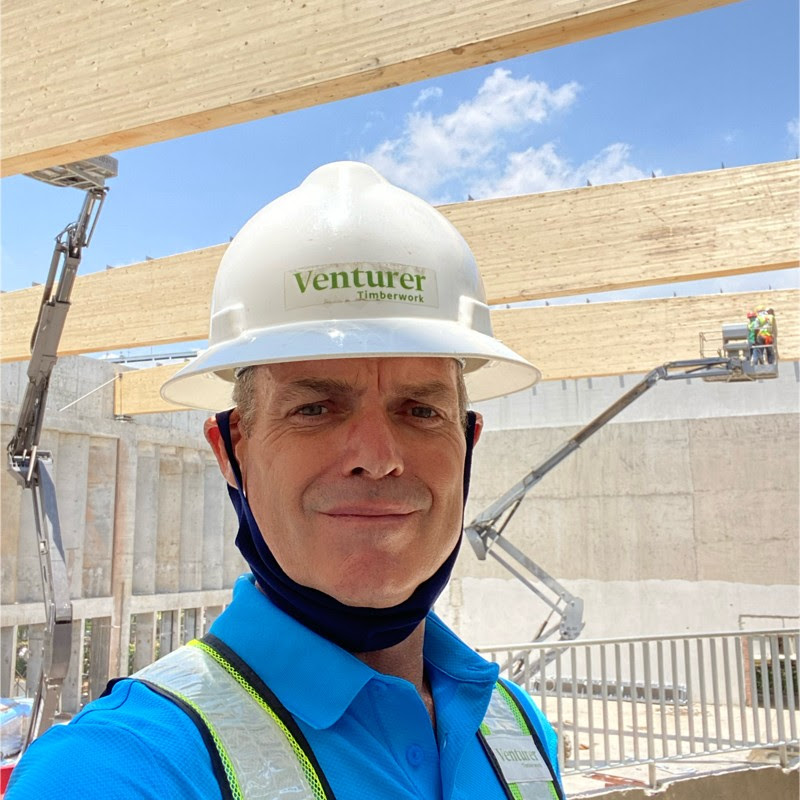
PEFC's latest interview in the series ‘Meeting our certified companies’, Kevin Hill, CEO of Venturer Pte Ltd is featured. Amid the construction works on Changi Chapel, Singapore’s first PEFC certified project, he spoke about the beginnings of his company and the meaning of PEFC certification to him and his customers. "Project certification is an important link in a valuable narrative about the virtues of sustainable timber sources," Kevin insists. "Without project certification, the story stops with the manufacturer, not at the project itself. This means that the effort of sourcing timber responsibly cannot ultimately be proven and therefore claimed by the project owner. Without it, the public cannot engage in a meaningful way when entering a beautifully built PEFC-certified timber structure." Read the full story.
Do-It Yourself with SGEC-PEFC Certified Materials in Japan
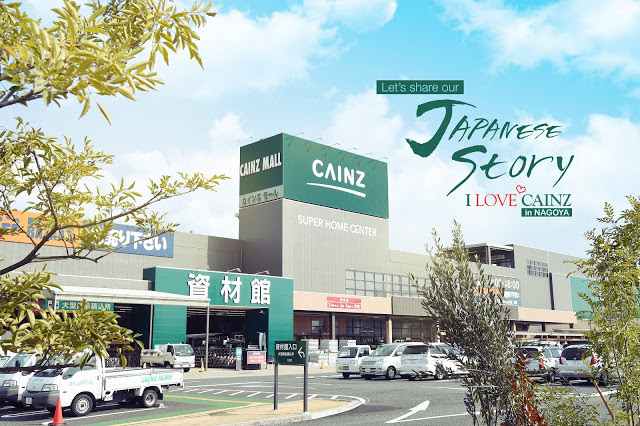
A Do-It-Yourself store in Japan has started to sell PEFC-certified goods. Cainz Home, a popular retailer for DIY goods, opened Cainz Asaka as the first domestic home centre/DIY store where forest certified materials are available. Among goods on display are SGEC/PEFC-certified European spruce plywood, using Russian conifer (larch) material, SGEC-certified domestic thinned wood and board (Japanese cedar). Asaka Lead Town, where the DIY store is located, has been engaged in various initiatives, such as promotion of sustainable “Kotozukuri (value creation)” and contributing towards achieving other Sustainable Development goals. Read more in the SGEC Newsletter.
Sustainable Timber Supply Chain for Patina Maldives Resort

A new resort in the Fari Islands, Patina Maldives is putting sustainability front and centre. Not only is the resort using PEFC-certified timber, but the onsite James Turrell Skyspace is PEFC Project Certified by Venturer Timberwork. Double Helix Tracking Technologies and SourceMap were engaged to verify the timber supply chain for the featured Skyspace from the European forest to Indian Ocean island. The Patina resort developer Pontiac Land of Singapore also insisted: "During construction of the Fari Islands, energy consumption was reduced by an estimated 12% through sustainable practices such as the use of prefabricated materials, which significantly reduced waste and carbon emissions versus conventional construction methods. Locally sourced, biodegradable and reusable materials were used wherever possible; all timber is PEFC-certified and sourced from 100% transparent supply chains. Read all about its sustainability features.
New University Building in PEFC Certified CLT by Stora Enso

One of the largest wooden buildings in the world is being built in Singapore with PEFC-certified Cross Laminated Timber (CLT) by Stora Enso. The Nanyang Technological University (NTU) is adopting sustainable materials and innovative construction methods to develop its campus. The latest project, Academic Building South (ABS), is a true showcase of sustainable construction and largely utilising Stora Enso CLT, and will to be the new home for Nanyang Business School. At 40,000 m2, it will be one of the largest wooden buildings in Asia upon completion later this year. “Following the SMU campus completed in 2019, this is the second significant learning environment with wood to Singapore,” says Erkki Välikangas, Stora Enso Building Solutions Sales Director in Asia. There's more.
Japan's First Office Building Project SGEC-PEFC Certified

Nomura Real Estate Development has gained SGEC/PEFC Project Chain of Custody certification - a first for real estate developers in the office building sector - for a brand new property in the heart of Tokyo. Named “H¹O Hirakawa-cho”, the building meets the emerging trend for small-sized offices catering to less than 10 employees. The upper floor of the building commands a fine view of the green of the Imperial Palace. The timber used for this project was Japanese cedar grown and produced in a certified forest located at Tama District of Tokyo. SGEC/PEFC project certification has been already awarded for the roof of the club house in Ariake Tennis Forest and the Upside Down Fuji Monument of The Mt. Fuji World Herritage Centre in Shizuoka. Read More.
Unicharm Meets 2 SDG Goals with PEFC Certified Products
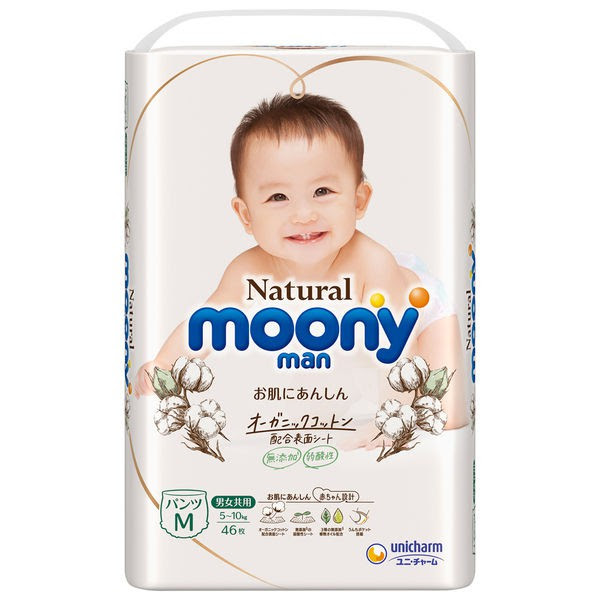
In another first for Japan, the PEFC mark will be shown on the packages of the highest quality premium paper diapers produced by Unicharm Products, a subsidiary of Unicharm Corporation, which has acquired Chain of Custody (CoC) certification for its five domestic plants. The Unicharm group is committed to using materials (paper and pulp) derived from wood grown in managed forests, so the certification provides proof of using sustainable resources, demonstrating that it is achieving two of the Sustainable Development Goals: SDG12 Responsible Consumption and Production and SDG 15 Life on Land. Read more.
PEFC Answers Greenpeace on Certification & Deforestation
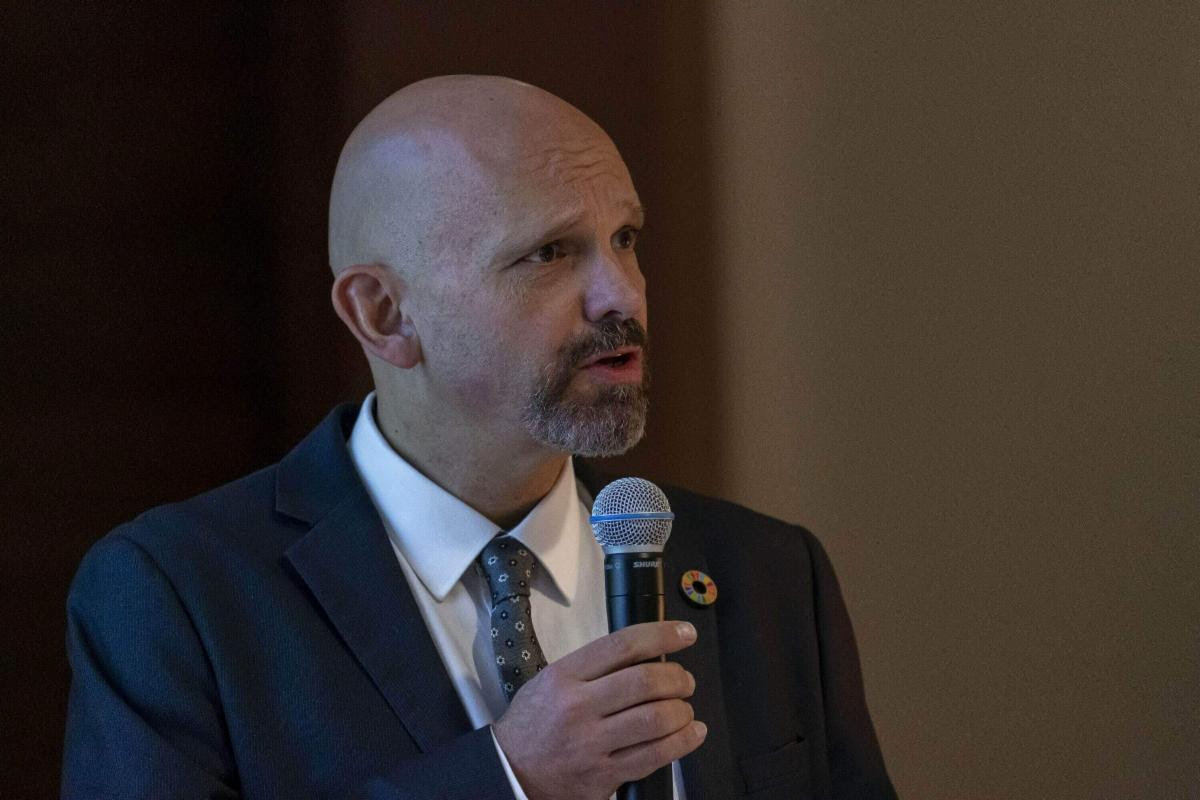
“Forest certification is an important part of the toolbox needed to stop deforestation, protect biodiversity, safeguard livelihoods, and provide society with wood as a sustainable, renewable raw material,” said Ben Gunneberg, CEO of PEFC International. “Forest certification is not designed to solve issues like deforestation by itself. This is because many of the factors causing deforestation are outside forestry, such as the demand for land for agricultural production. We need to employ multiple tools, ensure the support of all stakeholders, and work collaboratively to achieve our common objective: safeguarding our forests,” added Mr Gunneberg. He was commenting on the Greenpeace report on forest certification. Read more.


